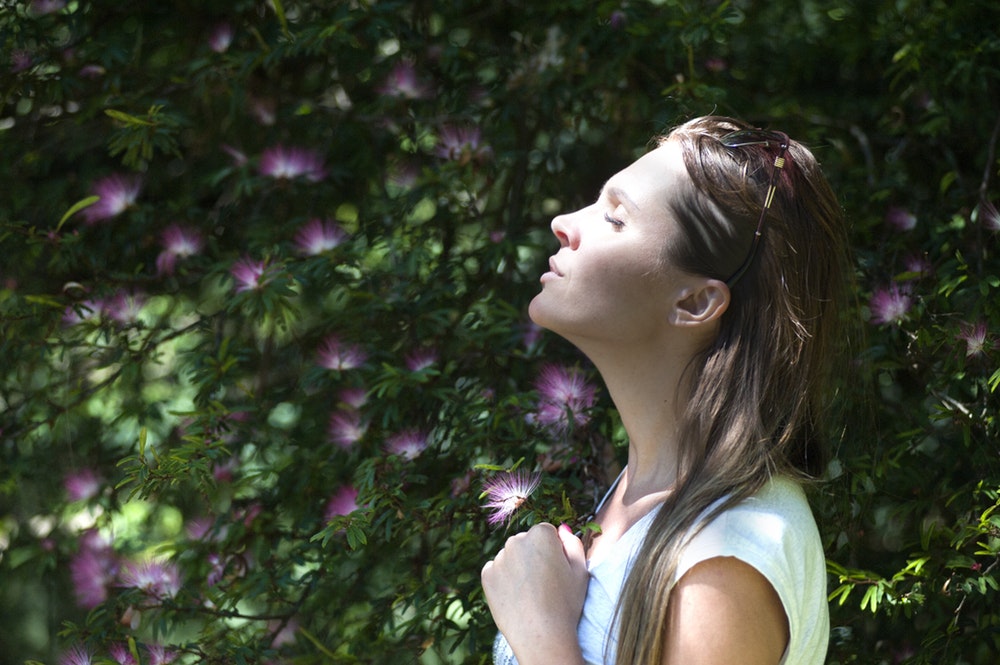We need trees now more than ever! People are increasingly planting more trees to help protect them from heatwave and floods. They are turning to trees to boost their physical and mental health too. The presence of trees is said to have great benefits to human health. Planting trees is one of the most simple and sustainable ways to positively affect the environment, which in turn positively affects your health.
Trees not only improve the quality of the urban space; they also help reduce the impact of climate change and air pollution. The more trees there are, the more it helps with air pollution since trees function by drawing gases (ozone, nitrogen dioxide and sulfur dioxide) into their leaves, then altering them so that they are no longer a potential threat to us. In a sense, trees are basically filters reducing the heath dangers of polluted air.
There are multiple ways that people plant trees- sowing the seeds, using the stem or taking help from local, national and international organizations to plant more trees. But did you know that humans are not the only ones helping out in this cause? It turns out, even birds play a role, though indirectly, in sowing the seeds into the soil to grow more trees. These feathered creatures have their own way to contribute to the environment by a process called dispersal. Seed dispersal is one of the most common natural methods of tree plantation. This method involves birds such as crows, pigeons and parrots who feed on the seeds of different trees like peepal, banyan, fig and cherry tree. These seeds after being eaten by the birds, passes through their digestive system, dispersing them onto different locations which grow into new plants and later bigger-healthy trees. In other words, the droppings of the birds help grow trees.
One of the trees that grow by the help of birds is the peepal tree or ficus religiosa. You can’t really grow a peepal tree on your own by using its fruits or seeds. The job is done by the birds. The seeds of peepal tree have a thick protective coat that gets digested in the intestinal tract of birds that eat them. Once these seeds are disposed from the digestive system along with the organic wastes, they are active for germination. This is why you find these plants growing in unlikely places like through walls or ceilings, by flyovers and even at the top of buildings. It is said that people tree is a high oxygen producing tree. It is one of the few plants which releases ‘round-the-clock’ oxygen. To circulate the growth of more peepal trees, you could try to collect the droppings of the birds and give them the favorable settings to germinate and grow. Planting and growth of such plants impact your respiratory health in a major way. For instance, peepal tree helps treat asthma. It is said that the leaves of the tree can provide relief from your asthma- take few leaves of the tree and boil it in milk and drink the potion twice a day.
Growing such trees would help not only to make the environment a better and safe haven but also provide support to your overall health. According to studies, trees and forests can remove huge amounts of air pollution which could result in the prevention of human deaths and incidences of respiratory symptoms and dangers. Trees act like the vacuums of our planet. Through their leaves and bark, they suck up harmful pollutants and release clean oxygen for us to breathe. Healthy, strong trees also act as carbon sinks; absorbing atmospheric carbon dioxide and reducing the effects of climate change.

